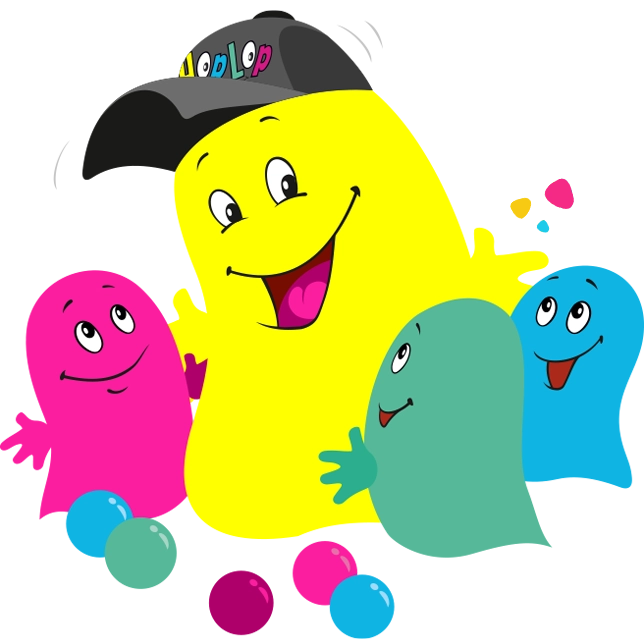The role of play in the development of motor skills
Play is a child's work, and a huge amount of learning takes place through it. The development of motor skills is one of the most important aspects of play. As children climb, jump and balance, their muscles become stronger and their coordination improves. This is not only important for physical health, but also supports cognitive development and social skills. Through play, children learn to understand their own bodies and their limits, which is important for developing self-confidence and independence.
Playgrounds, such as indoor play parks, provide an ideal environment for practising motor skills. A variety of play equipment, such as climbing structures and bouncy castles, challenge children in different ways and support their development while they play. In such environments, children can also learn interaction and teamwork skills by playing together with other children.
The impact of play on brain development
Play is not just a physical activity, it also stimulates brain development. When children are faced with new challenges in the playground, their problem-solving skills develop. They learn to experiment with different solutions and see the results of their actions immediately. This promotes cognitive flexibility and creative thinking. In addition, practising motor skills supports the areas of the brain responsible for fine motor skills and coordination, which are important for learning tasks such as writing and other precision tasks.
The spontaneous movement and interaction with others during play also helps to develop the social areas of the brain. Children learn to interpret the expressions and gestures of others and respond appropriately. This is the basis for the development of empathy and cooperation, which are important skills throughout life.
The role of play in developing balance and coordination
Balance and coordination are key elements in the development of motor skills. Playground equipment such as balance tracks and soft obstacles provide a safe environment for children to practise these skills. Balancing and controlling different movement patterns strengthen the deep muscles of the body and improve body control. This not only prevents falls and injuries, but also supports other daily activities such as dressing and eating.
As coordination develops, children learn to perform more complex movements, which is useful in sports, music and dance. The variety of activities in playgrounds gives children the opportunity to practice these skills in a fun and engaging way, encouraging them to try new things and to push themselves.
The link between play and physical activity and well-being
Physical activity is recognised as one of the most important factors in children's physical and mental well-being. Exercise through play not only strengthens the body, but also releases hormones such as endorphins, which improve mood and reduce stress. Time spent in a play park can be an important counterbalance to the sedentary life and time spent in front of computer screens that is increasingly important in children's lives today.
The social dimension of play also supports children's emotional well-being. Time spent with friends and shared experiences of success strengthen social bonds and give children a sense of belonging to a group. This is important for the development of self-esteem and equips children to face life's challenges more courageously.




